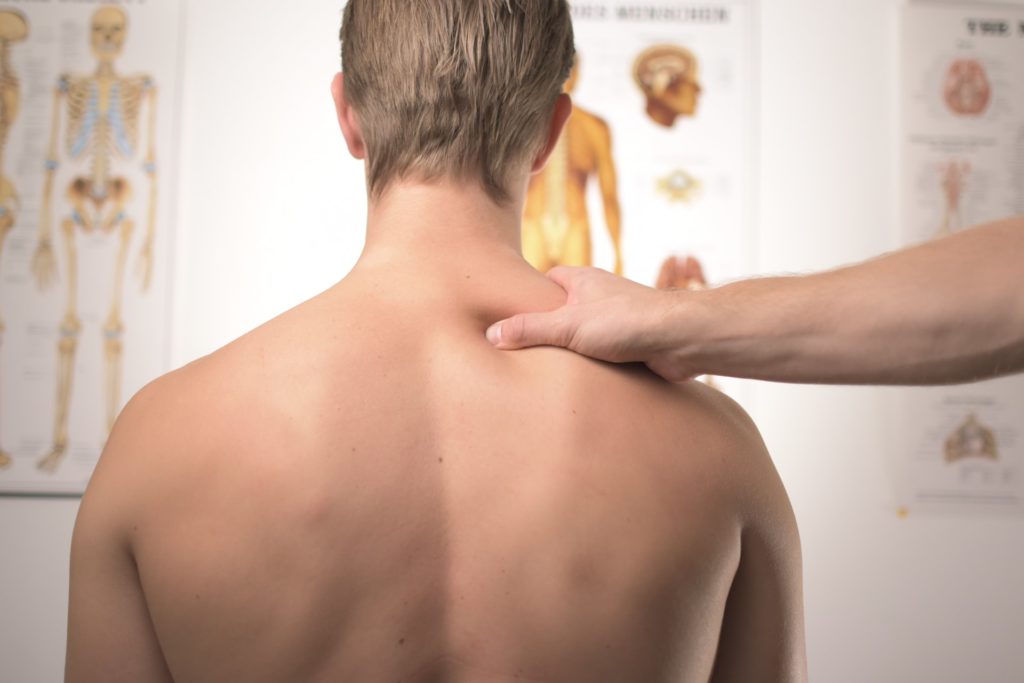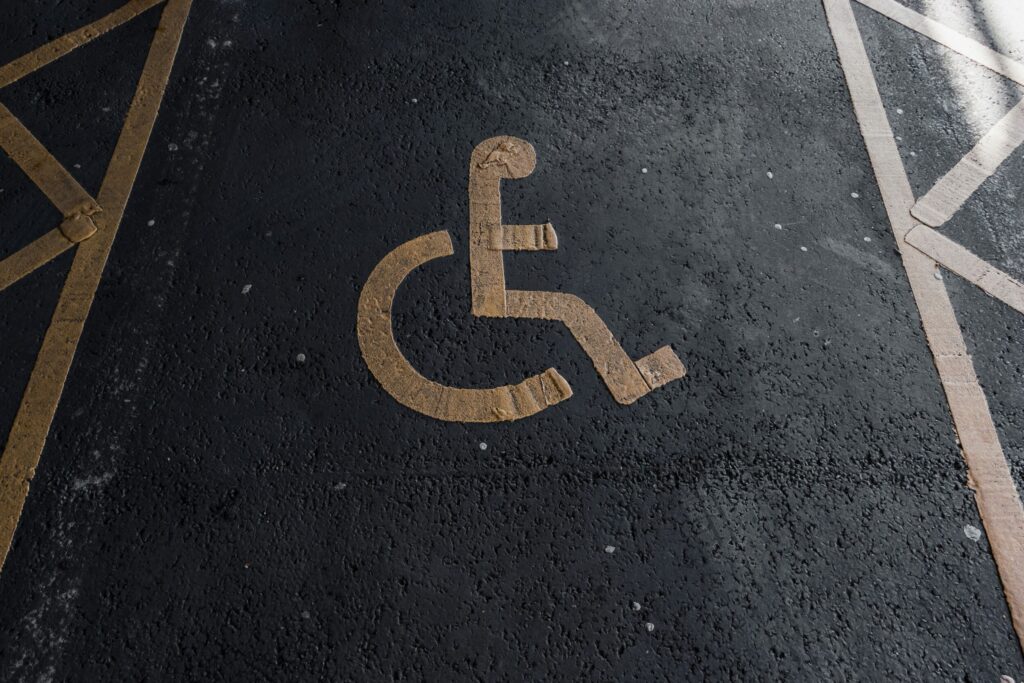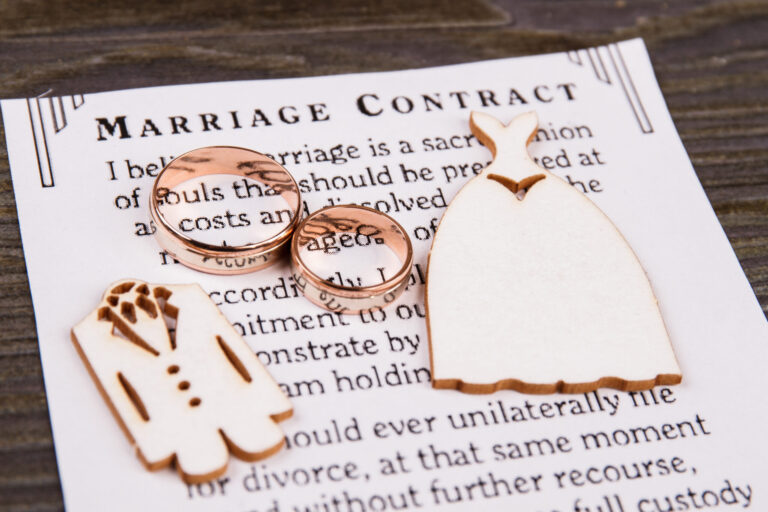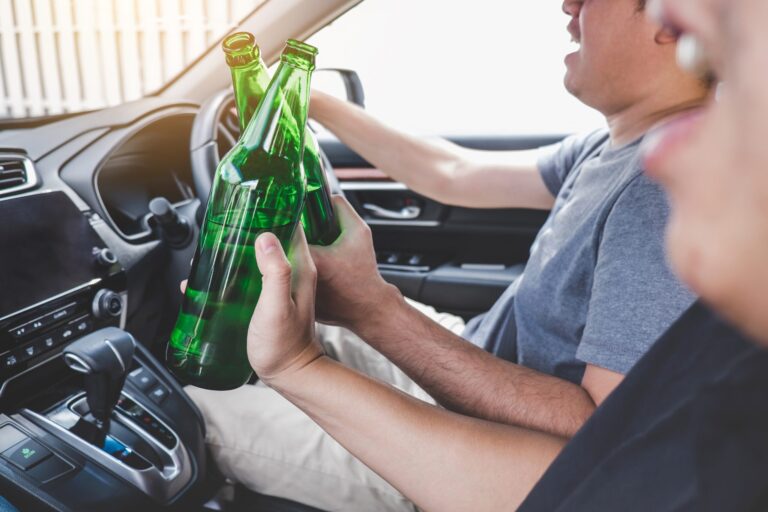Accidents are one of the most common causes of death in the United States, claiming over 169,000 lives each year — millions more are injured. Car accidents account for 4.4 million injuries annually. People are also injured in workplace accidents, recreational accidents, and accidents at home.
If you’re experiencing pain after an accident, you may be unsure about how to respond. While some pain from bumps and bruises is normal, pain can also indicate a serious problem that required medical attention. It’s crucial to understand how to assess your pain and know the steps to take following an accident to ensure your medical needs and legal rights are addressed.
Typical Pain
It is normal to feel some pain after you’ve been in an accident. The degree of the pain and length of time it persists can depend upon the severity of the injury and whether you received prompt medical treatment. Pain can also recur if you aggravate your injury. For example, if you sprain your wrist but continue painting your house, your injury won’t heal.
Pain is your body’s natural way of alerting you to a problem. It’s important to take pain seriously and determine the cause of your pain. Once you identify the cause, you can determine what actions to take. You may be able to address a headache by taking painkillers, but you may need to see a doctor if you’re also vomiting or if your headache lasts for three days.
Chronic Pain

Pain that persists over a long period is chronic pain. It’s common for chronic pain to last for several months. Your injuries may have healed. Typically, as injuries heal, the pain from those injuries subsides. Chronic pain is persistent pain that is caused by damage to the nervous system. Your body may not be able to tolerate pain the same way it did before your accident.
Causes of Pain
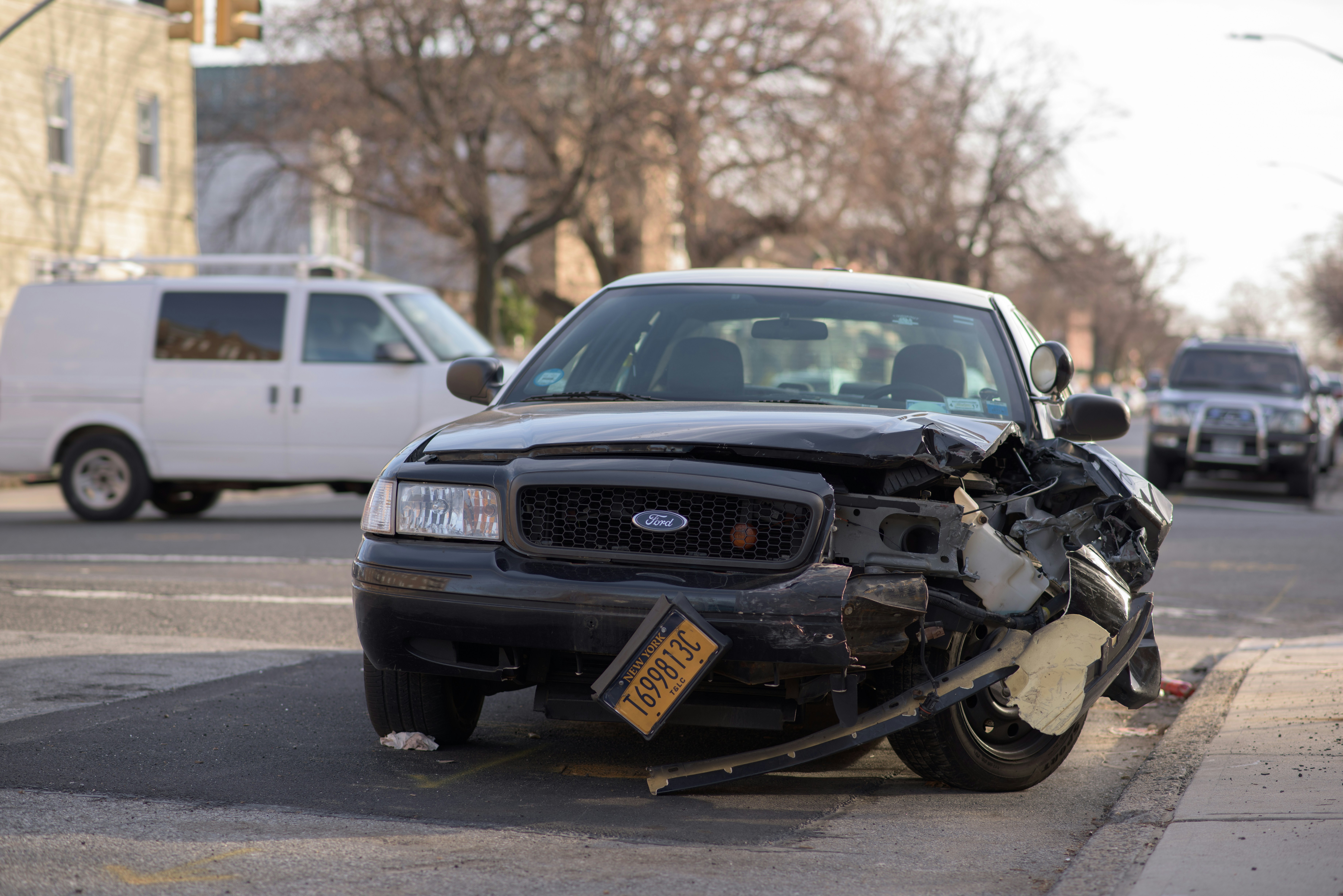
Pain can be a chronic symptom of a physical condition stemming from your accident. For example, if you fall and strike your chin on a cabinet or the floor, you could develop temporomandibular joint dysfunction (TMJ). Your temporomandibular joints are hinges that connect your skull and jawbone. TMJ disorders cause pain in your jaw’s joints and muscles. This pain can be exacerbated by talking, eating, and brushing. People with TMJ disorders may also need orofacial pain treatment to manage their pain.
Whiplash is one of the most common injuries people sustain after they’re in a vehicle accident. Symptoms of whiplash include neck pain, loss of mobility in the head and neck, tenderness, and headaches. The shock of being in an accident can delay the onset of these symptoms, and it’s possible to develop symptoms of whiplash a day or two after your accident.
Compensation

You may want to talk to an attorney following your accident. If you’ve been in a vehicle accident, it’s crucial to talk to a truck accident attorney in Denver. The legal team with Call Paul has the experience and knowledge needed to ensure your legal rights are protected. They are familiar with the reasons you may be eligible to receive compensation and advise you on the steps you need to take to prepare your case. You can have a free consultation to determine if you should consider legal action. If you proceed, they will pursue the maximum amount of compensation you are eligible to receive.
You may also want to consult with a workplace injury lawyer if you were hurt at work. Workplace injury lawyers specialize in handling legal claims when people are injured in the workplace. They can help you identify the compensation you’re eligible for and ensure you receive appropriate compensation for your injuries.
Treatment

Whether you’re in pain immediately following your accident or develop pain a day later, treat your pain seriously, and seek medical attention. Medical professionals are qualified to assess your condition, offer a diagnosis, and treat your medical needs. You may also need test results to support your legal compensation claims. Your doctor can also determine if you need to see a physical or occupational therapist as part of your recovery, or if other medical specialists should assess you.

